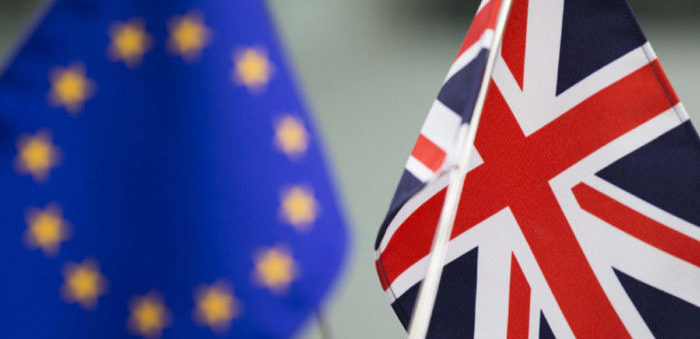Ahead of the European Council (Article 50), the European Commission has taken stock of the European Union’s intense ‘no-deal’ preparations and has issued practical guidance to Member States in 5 areas, including citizens’ residence and social security entitlements, data protection, medicine and medical devices, police and judicial cooperation in criminal matters, and fisheries.
Mainly, the aim of EU Council is to make sure that the practical implementation of EU and national contingency measures will be taken out smoothly, in the possibility that the UK were to exit the EU without a deal on 12 April, or at a later date, and to maintain a coordinated approach throughout any such ‘no-deal’ phase.
A ‘no-deal’ withdrawal will cause disruption and is not desirable, but the EU is fully prepared for it.
In the meantime, EU Commission provides guidance to its members concerning the five areas.
- Fisheries
The EU has adopted two contingency measures in the area of fisheries to cover all scenarios under a ‘no-deal’ Brexit.
On the one hand, the EU has created the appropriate legal framework to allow UK vessels reciprocal access to EU waters throughout 2019, if the UK grants such access to EU vessels in its waters.
On the other hand, the EU has also adjusted the eligibility criteria of the Fisheries and Maritime Fund, to ensure that fishermen who have to cease their activities – in case the UK does not grant continued access to its waters – can receive compensation. In such a case, it would be essential that Member States adopt a coordinated approach to ensure a level-playing field between EU fishermen in different Member States and to protect marine resources.
Today’s guidance provides details on such a coordinated approach.
The Commission is working with the Member States most concerned on a framework for the monitoring of changes in fishing activities in EU waters, in order to avoid any distortions.
- Citizens’ residence and social security entitlements
The European Commission has consistently made clear that protecting the rights of UK citizens in the EU in a ‘no-deal’ scenario is a priority and that Member States should adopt a generous approach with regards to their rights.
The UK is expected to reciprocate this approach.
The EU27 Member States have prepared national contingency measures to ensure continued legal residence in the immediate aftermath of a ‘no-deal’ scenario for UK citizens residing legally in the EU27. Today’s guidance provides an overview of the EU’s contingency measures, notably the contingency Regulation on Social Security Coordination. The Commission has proposed that Member States adopt a unilateral coordinated approach to address some issues not covered by the Regulation and, to complement that approach, point to areas where individual Member States could provide further protection through their own national, unilateral measures.
- Police and judicial cooperation in criminal matters
In the possibility of a ‘no-deal’ scenario, the EU’s legal framework on police and judicial cooperation would cease to apply to the UK.
Thus, the cooperation with the UK should be based on alternative legal frameworks and cooperation mechanisms, based on international and national law.
EU outlines the relevant fall-back instruments that the EU and its Member States can rely on to ensure that law enforcement and judicial cooperation can continue in order to guarantee a continued high level of security for citizens. It also provides guidance to Member States on the disconnection of the UK from various EU databases, networks and information systems.
- Medicinal products and medical devices
The medical sector has been a priority of the Commission’s preparedness work from the very beginning, with guidance being issued already in July 2017.
However, despite best efforts some medicinal products and medical devices may not be compliant in time. There is, a risk of shortages if economic operators do not act swiftly to remedy the situation.
Today’s guidance highlights how the Commission will work with the European Medicines Agency (EMA) and national medicines regulators to monitor the situation closely and address any potential problems.
It also outlines the possibilities for making use of exemptions and derogations available from the existing rules, in order to mitigate the risk of shortages of medicinal products and of critical medical devices in case of a ‘no-deal’ scenario.
- Data protection
The Commission considers that the existing tools under the General Data Protection Regulation for data exchange with third countries are sufficient to cater for the immediate needs of data transfers to the UK in a ‘no-deal’ scenario. Today’s guidance provides details on these tools, the well-defined conditions for making use of derogations, as well as on the practical steps that EU companies and authorities will have to take to ensure continued compliance with the EU’s data protection rules.




























































